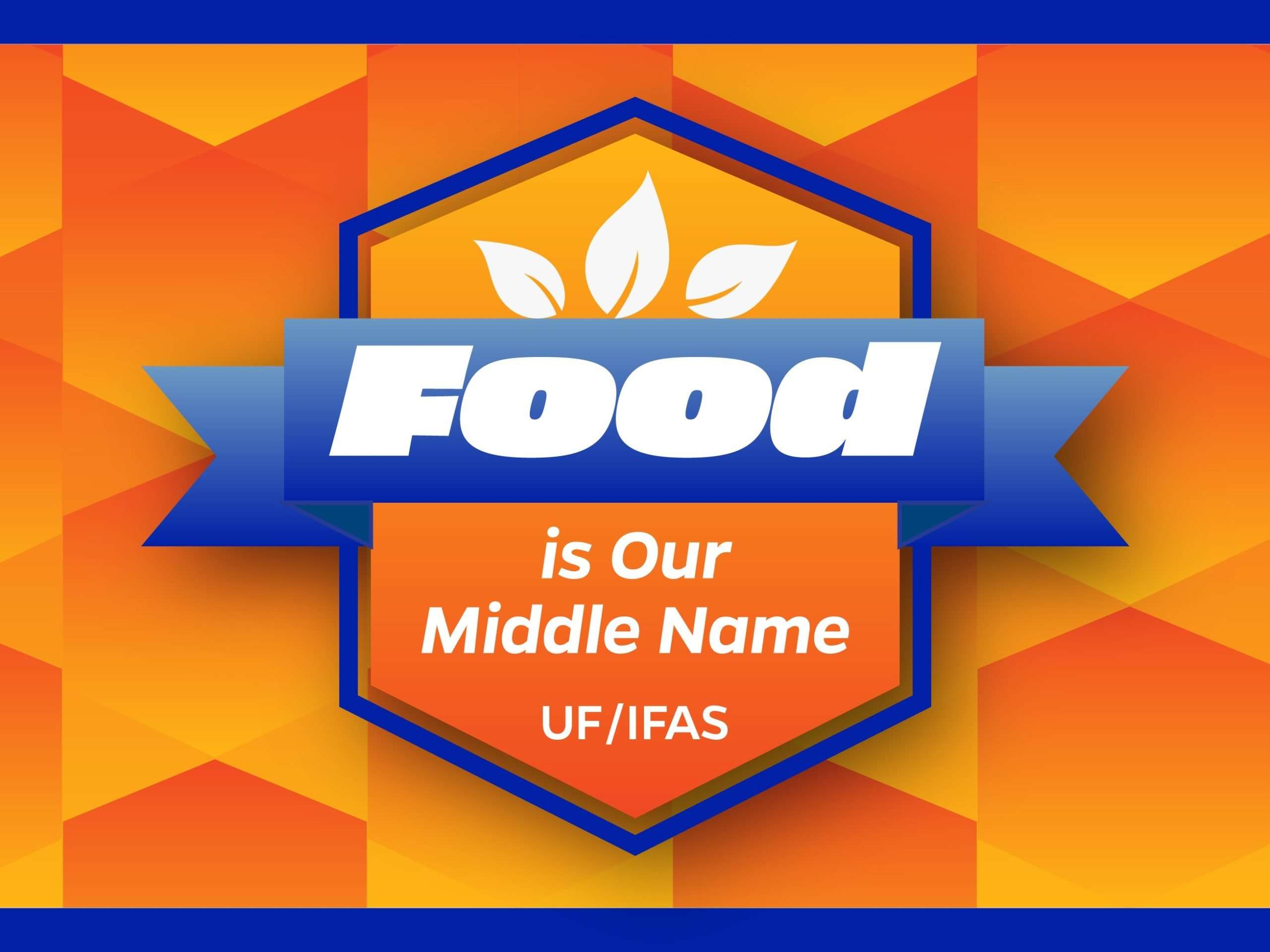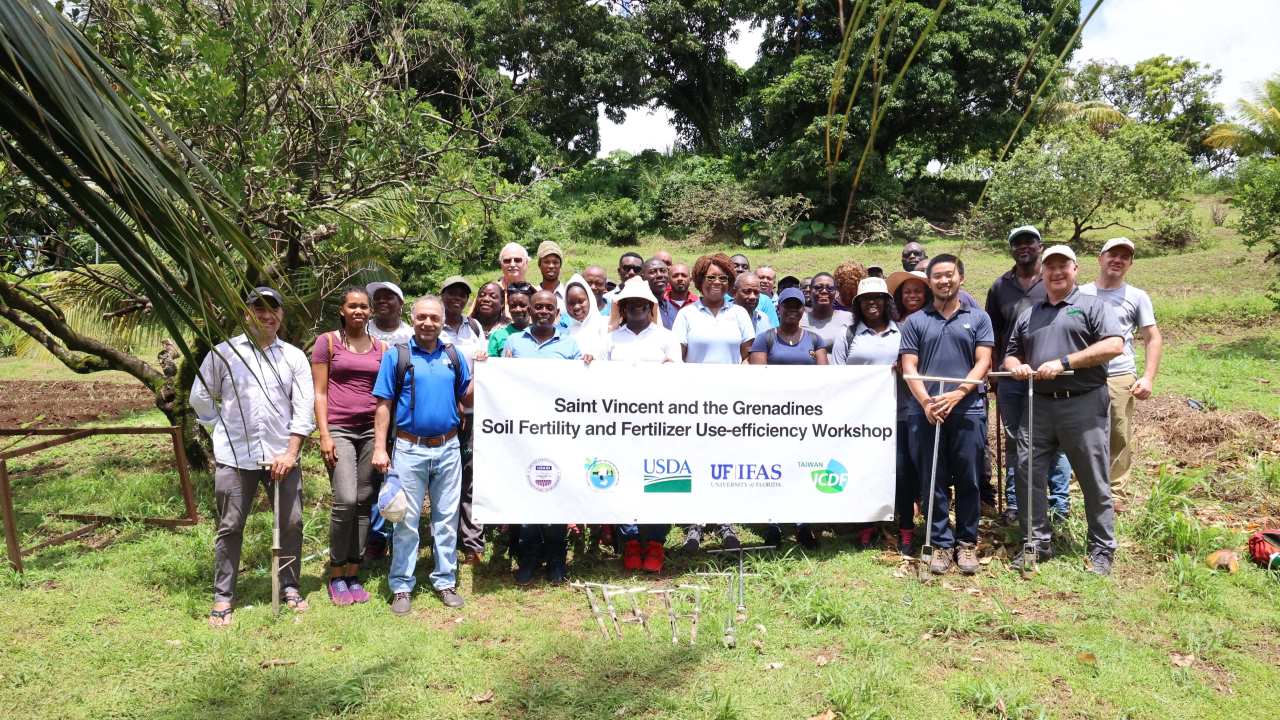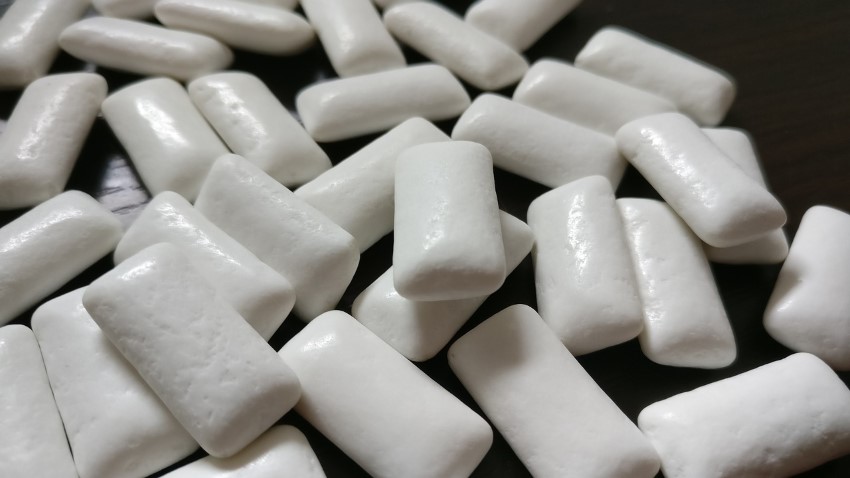At their core, land-grant institutions like the University of Florida focus on how science, research and global partnerships can address food-security challenges, develop innovative solutions and efficiently reach those in need.
To promote food security, a team of University of Florida Institute of Food and Agricultural Sciences (UF/IFAS) faculty recently conducted a three-day training program in Saint Vincent and the Grenadines to address the challenges of excess and lack of nutrients used for agricultural production.
The training was co-sponsored by the U.S. Department of Agriculture Foreign Agricultural Service; U.S. Agency for International Development/Eastern and Southern Caribbean Region; the Government of Saint Vincent and the Grenadines Ministry of Agriculture, Forestry, Fisheries, Rural Transformation, Industry and Labour and the Taiwan International Cooperation and Development Fund.
“Nutrients, such as nitrogen, phosphorus and potassium, have long been used in agricultural practices in the form of fertilizers to enhance crop yields,” said Jehangir ‘Jango” Bhadha, an associate professor of soil, water, and ecosystem sciences at the UF/IFAS Everglades Research and Education Center (UF/IFAS EREC). “However, excess use of fertilizers can lead to eutrophication, a process that can degrade downstream and surrounding ecosystems.”
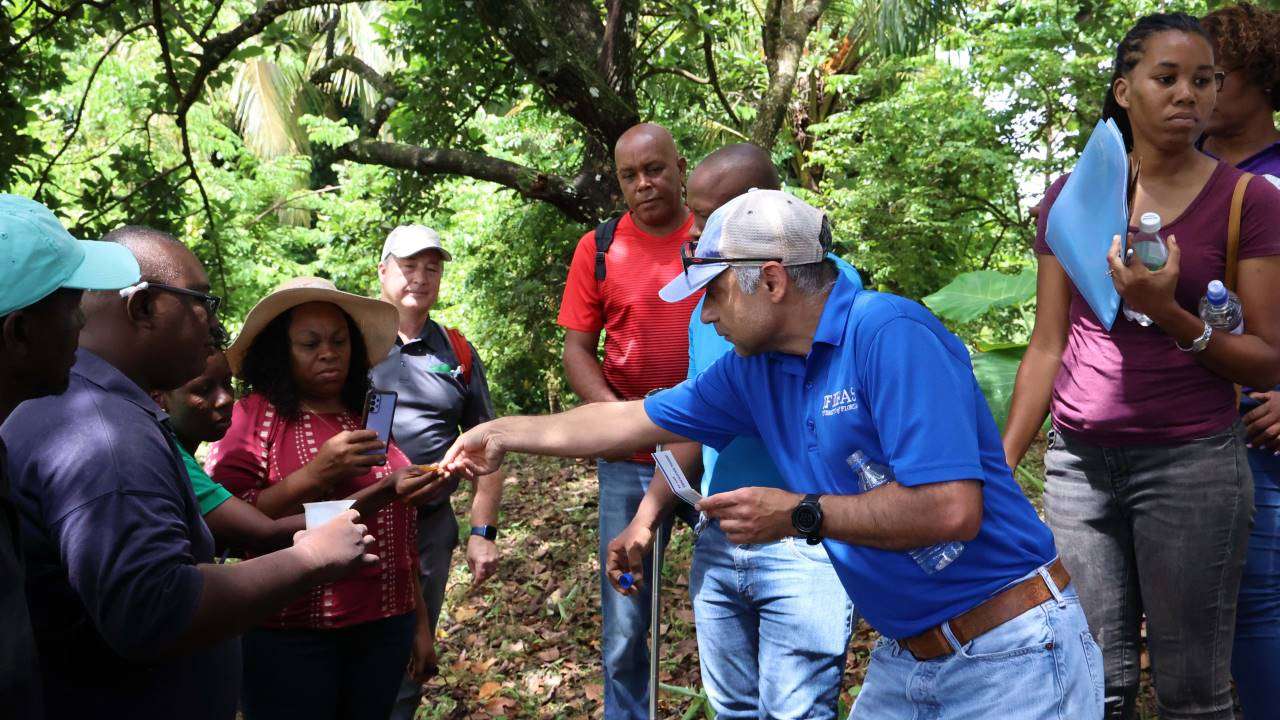
Credit: Jehangir “Jango” Bhadha, Associate Professor of Soil, Water and Ecosystem Sciences, UF/IFAS Everglades Research and Education Center
Kelly Morgan, also a professor of soil, water, and ecosystem sciences at the UF main campus in Gainesville, led the training program with fellow UF/IFAS faculty Bhadha, Lincoln Zotarelli, a horticulture science professor, and Sarah Strauss, an associate professor of soil microbiology, to enhance the technical knowledge, skills and practices of local growers, agricultural stakeholders and practitioners.
The program included two days of interactive presentations and one day of field work, covering topics such as soil microbiology, soil health, organic matter, water and fertilizer management. The courses empowered growers, farm managers and landowners to choose the most suitable technology and strategies for plant health and nutrition to improve soil fertility and overall agricultural productivity.
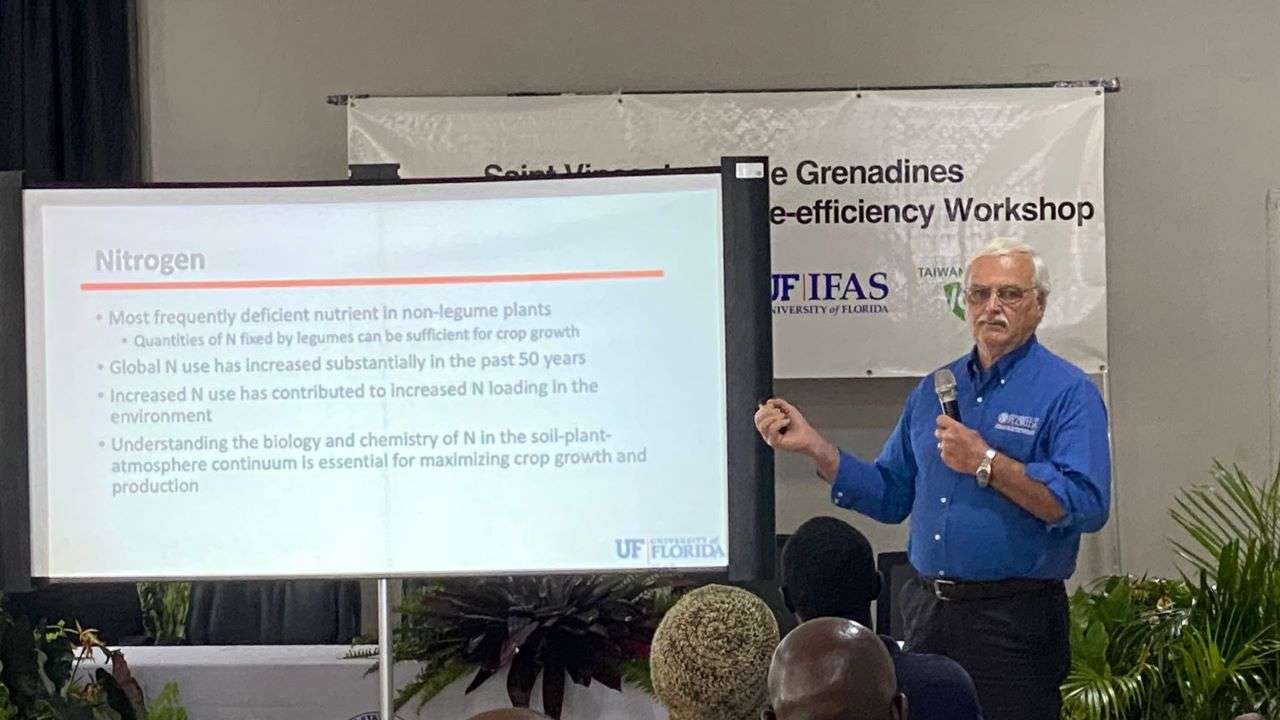
Credit: Jehangir “Jango” Bhadha, Associate Professor of Soil, Water and Ecosystem Sciences, UF/IFAS Everglades Research and Education Center
The UF/IFAS training program received positive feedback from participants, who expressed gratitude for the opportunity to learn more about soil fertility and efficient fertilizer use.
“The collaboration between international organizations and local authorities highlights the importance of global partnerships in tackling nutrient management challenges for a secure food supply and a sound environment,” said Bhadha.
About UF/IFAS
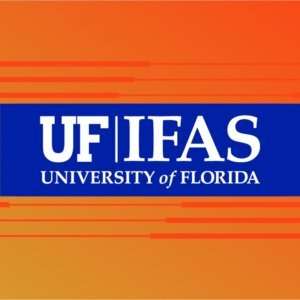
Why Food Is Our Middle Name
